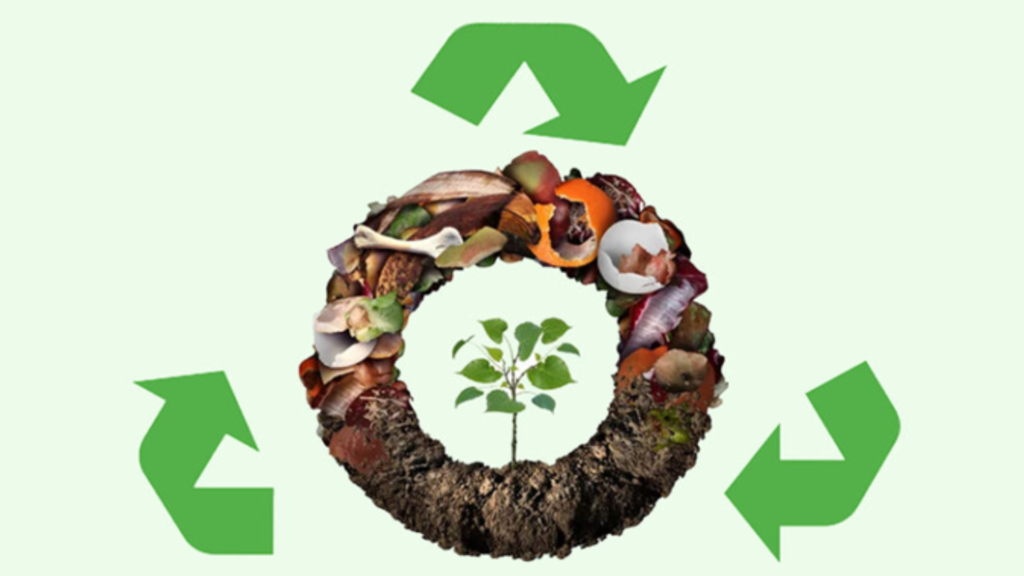Composting plays a crucial role in today’s environmental landscape by reducing waste, lowering greenhouse gas emissions, and improving soil health. It provides a sustainable way to recycle organic waste, turning it into nutrient-rich soil, reducing landfill waste, and contributing to environmental conservation. Two distinct methods, cold and hot composting, offer distinct benefits depending on time, effort, and environmental considerations. Understanding the differences between these methods can help individuals make an intelligent choice that suits their needs.
Cold Composting is a passive method that requires minimal investment of effort and time. Organic waste, such as kitchen scraps, garden trimmings, and leaves, is added to a compost pile or bin, which decomposes naturally over time. It requires no turning or temperature monitoring, making it suitable for those with limited time. However, it can take several months to years for the compost to be ready for use. Additionally, cold composting may not eliminate weed seeds or pathogens since it doesn’t reach the higher temperatures necessary to kill them.
Contrary, hot Composting is an active, faster process that requires more effort but yields compost in a shorter time, usually within 2-3 months. It involves carefully balancing carbon-rich (browns) and nitrogen-rich (greens) materials, maintaining moisture levels, and regularly turning the pile to aerate it. The decomposition process generates high internal temperatures (between 130-160°F), which helps kill pathogens, weed seeds, and plant diseases. This is ideal for gardeners looking for faster results and a more efficient waste reduction process. However, it demands consistent maintenance, making it less suitable for those with limited time or physical capacity.
To decide between cold and hot composting, individuals should consider their available time, desired composting speed, and the level of involvement they are willing to commit. Both methods enhance soil health by minimizing the need for synthetic fertilizers, thereby promoting biodiversity and contributing to the overall quality of soil ecosystems.
Additionally, composting significantly helps reduce methane emissions from landfills, playing a vital role in combating climate change and protecting natural resources for future generations. Thus, the choice depends on personal goals and the resources available. Intelligent waste management, through either method, supports efforts toward mitigating climate change and reducing carbon footprints to sustain a brighter future.

